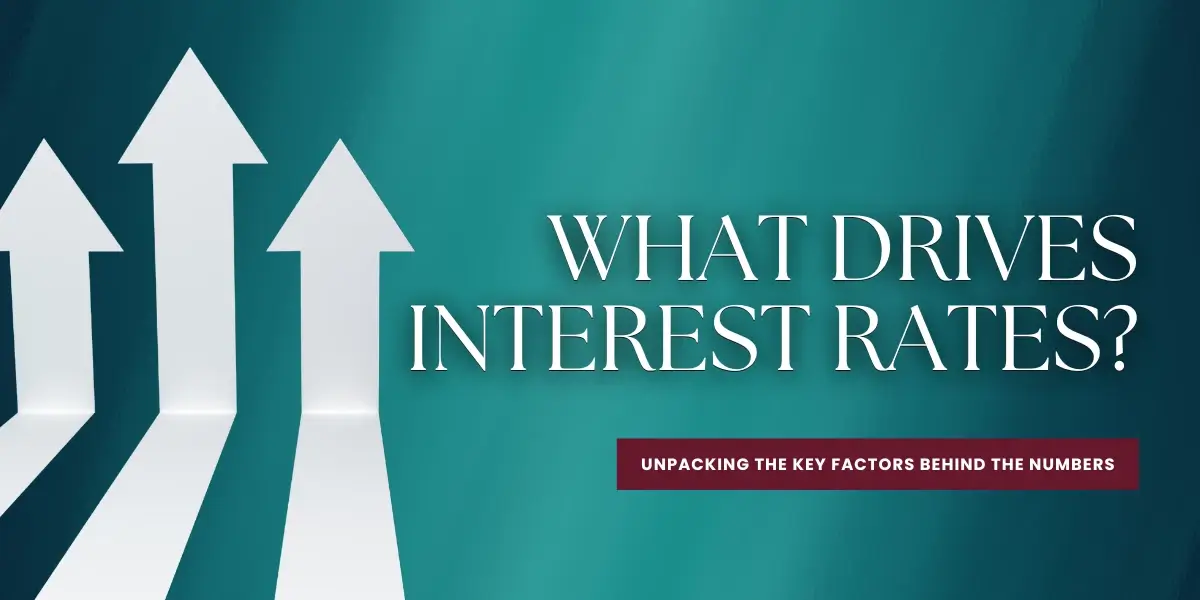
Understanding how mortgage interest rates are determined can help you make more informed financial decisions, especially if you're planning to refinance or buy a home soon. Here's what you need to know about how rates are made:
The Federal Reserve's Role
While the Federal Reserve doesn't set mortgage rates directly, it influences them through its control over the federal funds rate. When the Fed adjusts interest rates to control inflation or stimulate the economy, mortgage rates typically follow suit. If the Fed lowers rates, mortgage interest rates often lower over time too.
Economic Factors
Mortgage rates are closely tied to broader economic indicators. Key factors include:
- Inflation: There's more likely to be a rise in interest rates as inflation rates increase. This is partly because lenders require higher interest rates to compensate for the reduced purchasing power of the repayments they will receive in the future.
- Economic Growth: When the economy is strong, demand for credit rises, pushing mortgage rates higher. Conversely, when the economy slows, rates tend to drop as demand weakens.
- Employment Rates: The Fed's focus on supporting the job market can influence interest rates. Higher employment can drive consumer spending, which impacts inflation; similarly, increased demand for goods and services can push wages and other costs up further fueling inflation.
Bond Market Influence
Mortgage rates are heavily influenced by the yield on 10-year Treasury bonds. When demand for these bonds increases, their yield falls, often leading to lower mortgage rates. On the flip side, when bond yields rise, mortgage rates tend to follow.
Lender-Specific Factors
Beyond these broader economic factors, individual lenders have their own criteria for setting rates. These factors include:
- Borrower Credit Score: The better your credit score, the lower the interest rate you're likely to receive.
- Loan Amount and Loan Types: Larger loans or unconventional loan types (like jumbo loans) may carry higher interest rates.
- Loan-to-Value (LTV): A lower LTV (meaning more equity in the home) typically leads to a better interest rate.
Supply and Demand
Like any product, mortgage rates are also influenced by market supply and demand. When there's high demand for homes and more people are seeking loans, lenders may increase rates. Conversely, during slow periods, rates can drop to attract more borrowers.
By understanding these key factors, you'll be better equipped to navigate the mortgage process, whether you're refinancing or buying a new home. Want to discuss your mortgage options should interest rates change? Schedule a mortgage check-up today or sign up for our Rate Drop Alert and be notified when rates dip.

